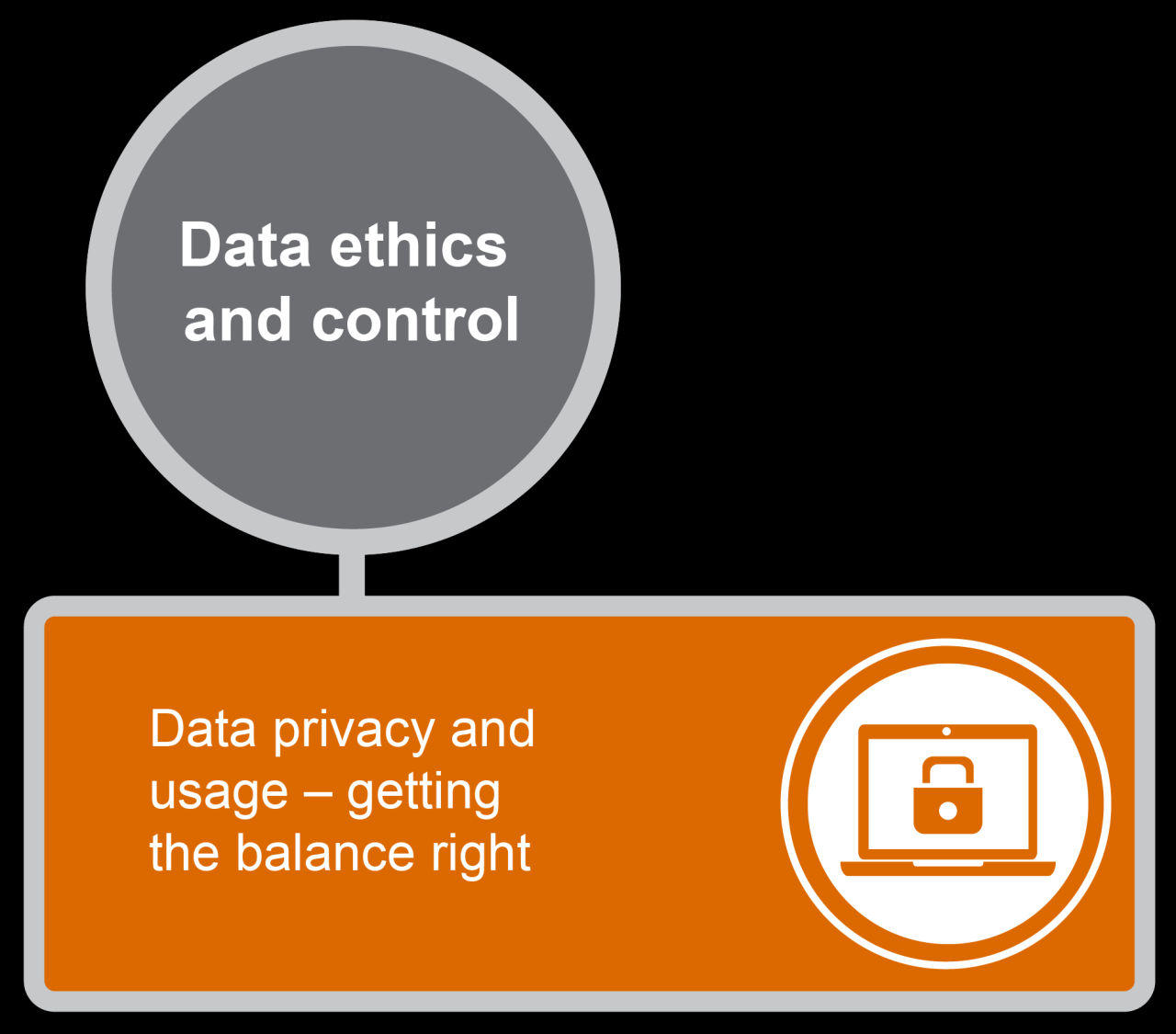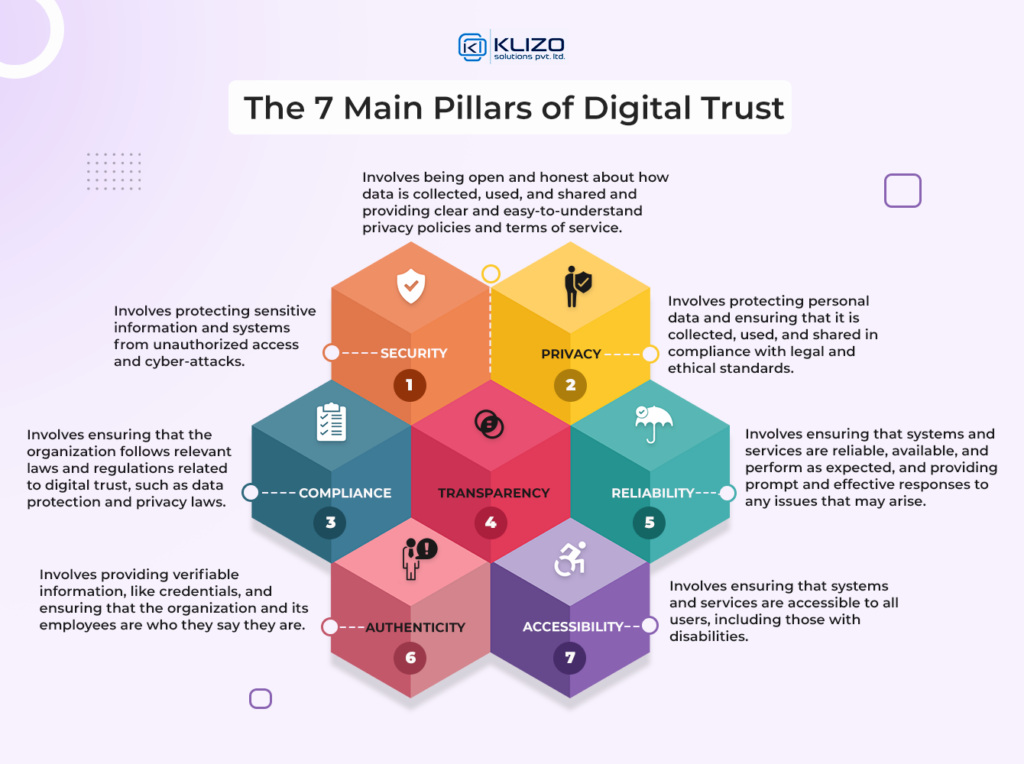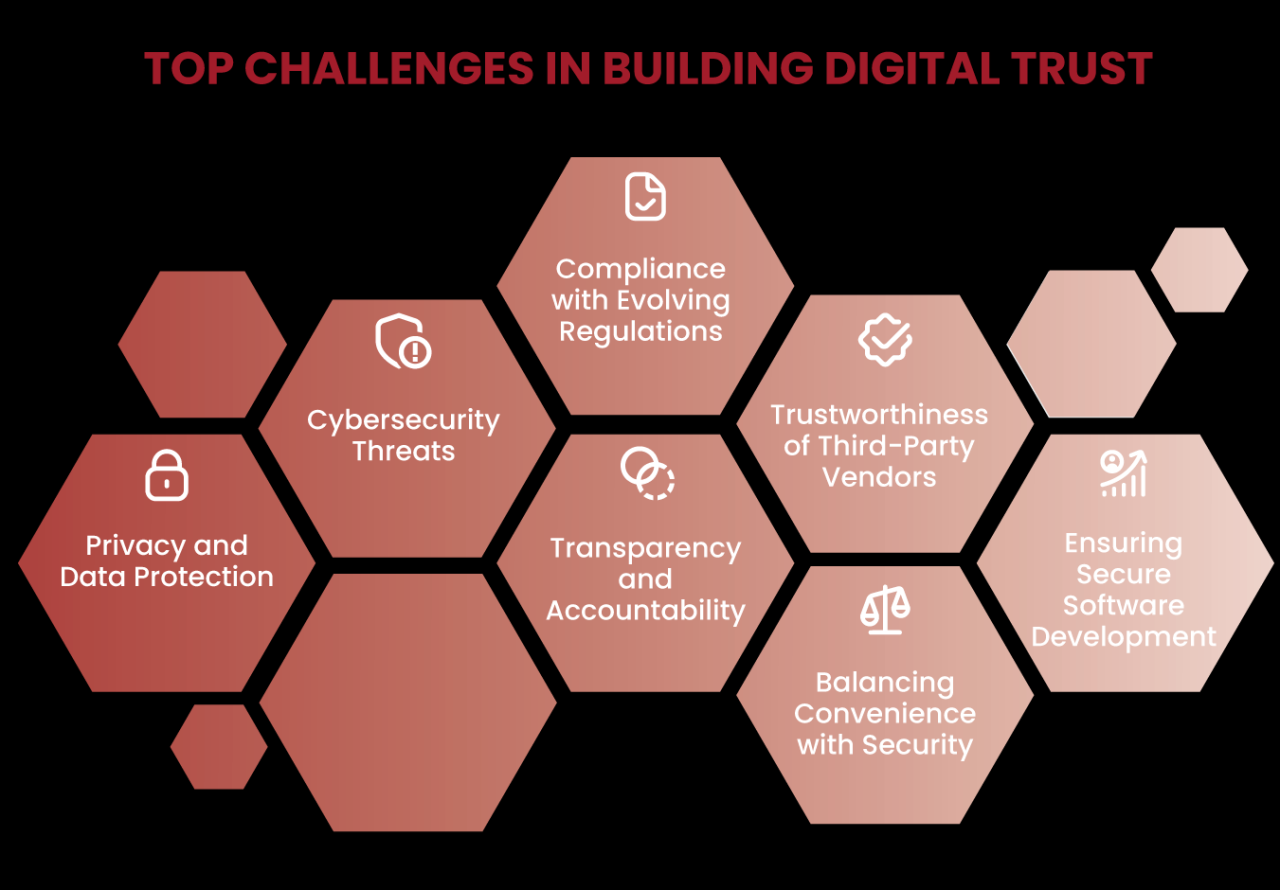Global Challenges of Trust in Digital Share Economies: Navigating the Digital Landscape

Exploring the intricate web of trust within digital share economies sheds light on the complexities and nuances of modern online interactions. As we delve into the challenges and opportunities presented by trust in this digital realm, a fascinating journey unfolds, unveiling the key factors that shape our online experiences.
In this exploration, we will dissect the core components of trust, its impact on digital platforms, and the crucial role it plays in shaping our online interactions.
Table of Contents
ToggleTrust in Digital Share Economies

Trust in digital share economies refers to the confidence and reliance that individuals have in the integrity, reliability, and security of online platforms where users share goods, services, or resources with one another. It is the foundation that enables transactions to take place in a virtual environment.The importance of trust in digital share economies cannot be overstated.
Without trust, users would be hesitant to engage in transactions with strangers or share their own resources. Trust is crucial for the success of digital platforms as it establishes a sense of security, credibility, and accountability among users.
Examples of Platforms where Trust Plays a Crucial Role
- Uber: Users trust that the drivers will provide safe and reliable transportation services, while drivers trust that passengers will pay for the service.
- Airbnb: Hosts trust that guests will treat their property with respect, and guests trust that the accommodation will meet their expectations.
- Etsy: Buyers trust that sellers will deliver quality handmade products, and sellers trust that buyers will make payment for their purchases.
Building and Maintaining Trust in Digital Share Economies
- Verification processes: Platforms often require users to verify their identities or provide proof of credibility to build trust among users.
- Reviews and ratings: Feedback from previous transactions can help establish trust by giving users insights into the reputation and reliability of others.
- Transparent policies: Clearly defined terms of service, payment procedures, and dispute resolution mechanisms can enhance trust among users.
- Customer support: Having responsive customer support can help address concerns or issues promptly, reinforcing trust in the platform.
Challenges of Trust in Digital Share Economies
In the realm of digital share economies, several challenges can significantly impact trust among users. These challenges range from privacy concerns to the prevalence of misinformation and fraudulent activities.
Privacy and Data Security
Privacy and data security play a crucial role in fostering trust within digital share economies. Users are often hesitant to share personal information or engage in transactions if they feel that their data is not adequately protected. Data breaches and unauthorized access to sensitive information can erode trust and undermine the integrity of digital platforms.
Misinformation and Fake Reviews
The proliferation of misinformation and fake reviews on digital platforms can also have a detrimental effect on trust. When users are exposed to false or misleading information, they may become skeptical of the authenticity of reviews and recommendations. This can lead to a lack of trust in the credibility of the platform and the services offered.
Fraudulent Activities
Another significant challenge that impacts trust in digital share economies is the prevalence of fraudulent activities. Scams, identity theft, and other forms of online fraud can tarnish the reputation of a platform and deter users from participating in sharing economies.
The fear of falling victim to fraudulent schemes can create a sense of distrust and skepticism among users.
Transparency and Accountability

Transparency and accountability play a crucial role in building trust within digital share economies. By providing clear and honest information, platforms can establish credibility and foster trust among users. Accountability, on the other hand, ensures that platforms take responsibility for their actions and decisions, maintaining trust relationships with their users.
Importance of Transparency
Transparency is essential in digital share economies as it allows users to make informed decisions. Platforms that are transparent about their processes, fees, and terms of service build trust with their users. By openly sharing information about how data is collected, used, and protected, platforms can demonstrate their commitment to user privacy and security.
- Platforms can enhance transparency by providing detailed explanations of their algorithms and decision-making processes.
- Regularly updating terms of service and privacy policies to reflect changes in data handling practices.
- Implementing clear and accessible communication channels for users to raise concerns and provide feedback.
Role of Accountability
Accountability ensures that platforms are held responsible for their actions and decisions, maintaining trust with their users. Platforms that demonstrate accountability by addressing user concerns, resolving disputes fairly, and taking proactive measures to prevent fraud and abuse can build long-lasting trust relationships.
- Establishing clear guidelines for user behavior and enforcing them consistently.
- Providing mechanisms for users to report violations and ensuring prompt investigation and resolution.
- Offering transparency reports to showcase compliance with regulations and industry standards.
Examples of Successful Implementation
Platforms like Airbnb and Uber have successfully implemented transparency and accountability measures to build trust among their users. Airbnb provides detailed information about hosts, properties, and reviews, allowing users to make informed decisions about their bookings. Uber has introduced features like driver ratings, trip tracking, and insurance coverage to ensure transparency and accountability in its services.
Regulation and Governance
Regulations play a crucial role in addressing trust issues in digital share economies by setting clear guidelines and standards for platform behavior.
Role of Regulations in Ensuring Trust
- Regulations help establish a level playing field for all participants in the digital share economy, ensuring fair competition and protecting consumers.
- They also Artikel data privacy and security measures that platforms must adhere to, enhancing trust among users.
- Regulatory frameworks can help prevent fraudulent activities and promote transparency, contributing to building trust in the ecosystem.
Challenges of Governing Digital Platforms
- One of the main challenges is the global nature of digital platforms, making it difficult to enforce regulations uniformly across different jurisdictions.
- Ensuring compliance with regulations while fostering innovation poses a challenge, as overly restrictive rules can stifle creativity and growth in the digital share economy.
- Regulating emerging technologies and business models in a rapidly evolving landscape requires agile governance frameworks that can adapt to change.
Balance between Regulation and Innovation
- Finding the right balance between regulation and innovation is crucial to maintaining trust in digital share economies without impeding progress.
- Regulations should be designed to encourage responsible innovation while safeguarding user interests and promoting ethical practices.
- Flexibility in regulatory approaches can help accommodate innovation while addressing trust concerns, striking a balance between oversight and freedom.
Examples of Impactful Regulatory Frameworks
- The General Data Protection Regulation (GDPR) in the European Union has set a high standard for data protection, increasing trust among users in digital platforms.
- The Payment Services Directive 2 (PSD2) has enhanced security measures for online payments, improving trust and confidence in digital financial transactions.
- The Sharing Economy UK Code of Conduct provides guidelines for fair and transparent practices in the sharing economy, fostering trust between users and platforms.
Last Point

In a world where trust is the currency of the digital age, navigating the landscape of digital share economies requires a delicate balance of transparency, accountability, and regulation. By understanding the challenges and opportunities that come with fostering trust in this realm, we pave the way for a more secure and authentic online environment for all users.
FAQ Explained
What are some key challenges impacting trust in digital share economies?
Key challenges include privacy concerns, data security issues, misinformation, and fraudulent activities that erode trust in digital platforms.
How can platforms ensure transparency to enhance trust?
Platforms can enhance trust by providing clear information about their operations, data handling practices, and user policies. Transparency builds credibility and fosters trust among users.
What role do regulations play in addressing trust issues in digital share economies?
Regulations help establish a framework for trust by setting standards for data protection, privacy, and fair practices. They aim to create a level playing field and protect users from potential risks.
Most popular
- Monetizing underused assets in the digital share economy: Unlocking Hidden Value

- The future of job creation in the platform share economy: Shaping Opportunities in a Digital Era

- Global Challenges of Trust in Digital Share Economies: Navigating the Digital Landscape

- How Digital Platforms Enable Equitable Value Sharing: Exploring Mechanisms and User Empowerment

- How freelancers benefit from the global share economy: A Comprehensive Guide


